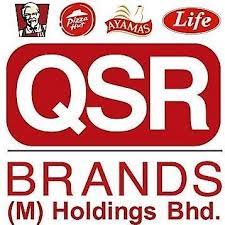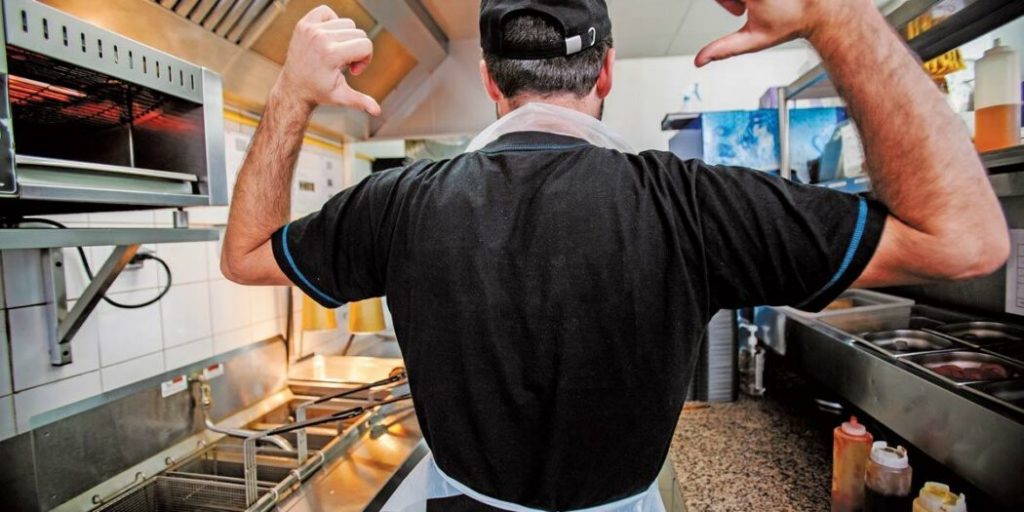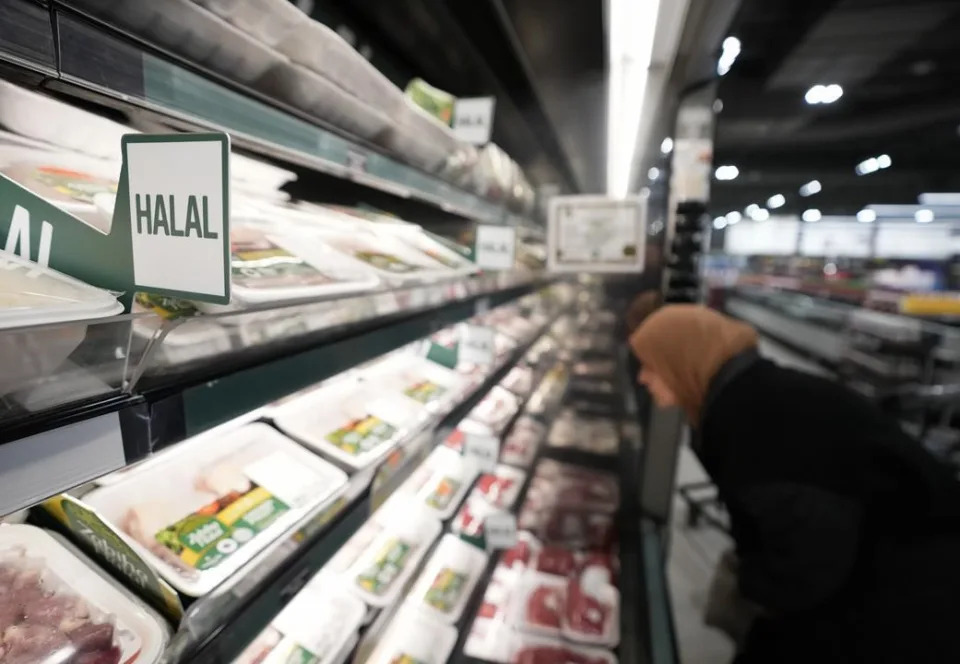Marketing to Muslims
by
on Friday, 28 November 2008
From
Egypt to Indonesia, there is one, cohesive market defined by Islam. Yet
in these tight times, companies targeting the world’s 1.4 billion
Muslims need to move beyond the traditional dichotomy of consumers
being either ‘conservative’ or ‘Westernised’.
It
is during the Holy Month of Ramadan that most international companies
tend to notice their Muslim consumers. Spending patterns change and
consumption of some products, including everything from date bars to
Vimto, the purple fruit cordial, skyrocket.
However, according
to a new study by global advertising firm JWT and market research
agency AMRB, there are certain themes that resonate across the Muslim
world throughout the year.
“Communication and marketing works much better across socio-cultural
lines rather than geographic lines,” Roy Haddad, chairman of JWT MENA,
said at a press conference earlier this month. “What puts people
together is the culture they share, the values they share and the
beliefs they share.”
The research was conducted in 10
predominantly Muslim countries: Saudi Arabia, the UAE, Malaysia,
Pakistan, Indonesia, Jordan, Algeria, Egypt, Iran and Turkey.
The
result, entitled The Life and Times of the Modern Muslims:
Understanding the Islamic Consumer, probes the attitudes and values of
7500 consumers, most of whom are in the upper, urban socio-economic
class of consumers usually targeted by advertisers. Earlier research
had mainly looked at Muslims in Western markets such as the US and the
UK.
The new survey found that in most markets, less than a
third of respondents felt that their national identity is more
important than their religious identity. Only Turkey (54 percent) and
Iran (49 percent) bucked the trend. Common themes that emerged included
high importance placed on family life and a belief that education needs
to play a stronger role in shaping society.
“More and more
products have to have a brand value, they have to have a role in
society,” Haddad says, citing the booming Islamic banking sector as an
example.
In all but two countries, more than half of those
surveyed said they would prefer to deal with Islamic banks rather than
a non-Islamic bank, even if they have to pay more.
Saudi Arabia
and the UAE were among the top scorers: 76 percent of Saudis and 71
percent of Emiratis said they would opt for an Islamic bank when given
a choice.
In the hospitality sector, UAE-based Landmark Hotels
has announced plans to open 10 Islamic hotels in UAE and Saudi Arabia
over the next two years. The hotels will be free of alcohol, serve
halal meals and have pledged to donate part of their earnings to
charity.
But large chunks of the Islamic market remain underserved.
“Take the 250 million Muslim women who dress in a compliant way,”
Haddad says. “That should open a huge market for clothing, cosmetics,
and all that comes with that.”
In the US, Muslims are the
biggest consumers of kosher products, spending $16bn a year. In the UK,
the halal market is growing at 15 percent annually, compared to an
average market growth of around 1 percent.
The global halal
market is estimated to be worth $580bn. “If any company gets 10 percent
of that you have a global company the size of Nestlé,” Haddad says.
But it is perhaps in the Muslim world’s burgeoning young population that the largest opportunity exists.
“I think the most significant aspect of this is that it’s a very young
population,” Haddad says. “Europe, Japan and China are getting older.
The only real demographic growth that is happening is in the Islamic
world.”
That youth has a strong hunger for self-expression,
which seems to be borne out by the results. With the exception of
respondents from Jordan, 80 to 90 percent of all interviewees agreed
with the statements: “Today’s generation does not just accept things –
they try to understand the reasoning behind it”, and: “It is good that
today’s generation voices opinions that they strongly believe in”.
In the past, companies have sometimes split Muslims into two groups: conservatives and those who are ‘Westernised’.
“No Muslim that I know wants to be more ‘Westernised’. Yes, they want to be modern, but not ‘Westernised’,” Haddad says.
He hopes the study will prompt more advertisers to take notice of the
Islamic market, whilst realising that not all Muslims are the same.
“We’re saying: ‘There are so many nuances in the Islamic world, and
understanding those nuances helps you market to them better.’ We are
not a monolithic body of 1.4 billion people, but there are values that
we share.




